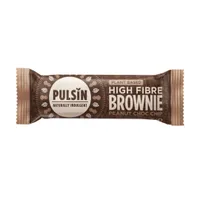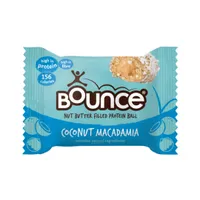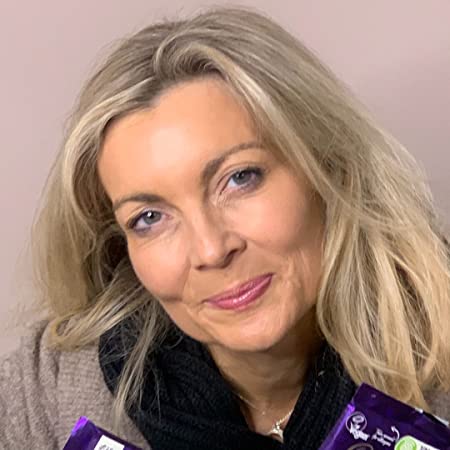Is there a diet that's best for ageing? How what you eat can impact your skin, muscles, gut health and more
Top experts explain what to eat to boost general wellbeing.

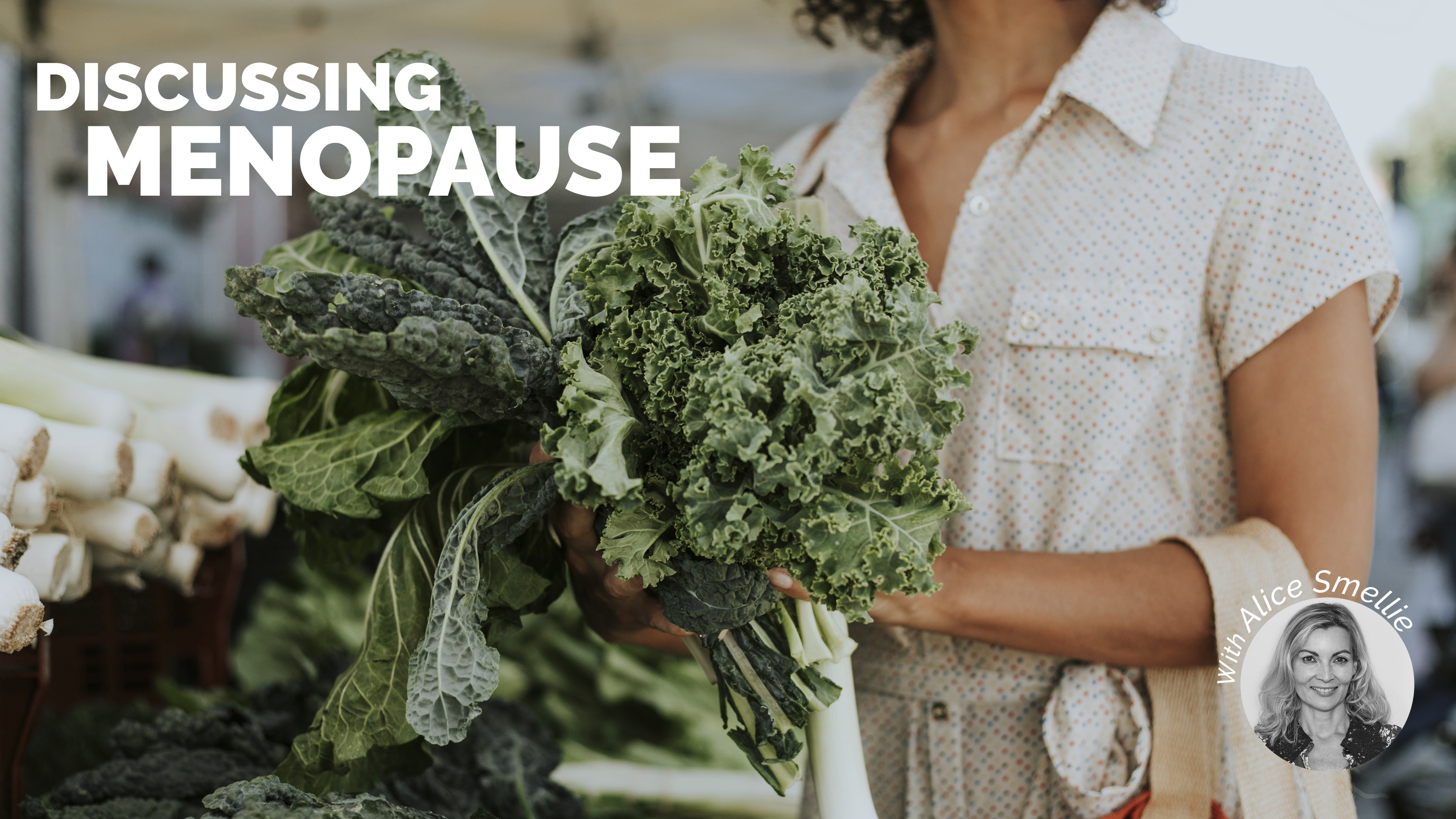
Celebrity news, beauty, fashion advice, and fascinating features, delivered straight to your inbox!
You are now subscribed
Your newsletter sign-up was successful
Discussing Menopauseis back, my regular column where I discuss the most widespread menopause myths and questions. For January, I'm examing whether such a thing as a menopause diet exists and questioning whether what you eat can really ease your symptoms.
When I started researching a menopause diet, I initially focused on what foods we ought to eat rather than how to avoid weight gain - how very grown up of me.
As it happens the two go hand in hand. Or hand to mouth...
I'll start with what we ought to eat because it's just as important as a few pounds lost or found around our tummies. It's never too soon to start eating for the future - especially, it turns out, when it comes to perimenopause and menopause.
Menopause diet: can what you eat ease your symptoms?
Most nutritional therapists agree that we're best off focusing on a Mediterranean diet, packed with fruit and veg, pulses, nuts, seeds, omega-3 in the form of oily fish, and virgin olive oil.
On the list of things to enjoy in moderation are - no surprises - refined carbohydrates, processed foods, sugar, and excess alcohol. Unfortunately, the older we get, the less able we are to process alcohol. (For more information on this, the British Nutrition Foundation has some excellent general pointers on its website).
My personal feeling is that we should do our best and not get too stressed when we - inevitably - slip up a little. But equally, I know that if I'm eating well I feel, look and sleep better.
Celebrity news, beauty, fashion advice, and fascinating features, delivered straight to your inbox!
Best foods to eat when going through perimenopause and menopause
However, says leading nutritionist and author of The Happy Menopause, Jackie Lynch, there are specific foods that can ease the transition.
"As you enter perimenopause,your oestrogen levels go up as well as down," she explains. This can mean that your periods get heavier and closer together.
She recommends an anti-inflammatory, Mediterranean-style diet, including omega-3 in the form of flaxseed, oily fish and walnuts, which can help ease bad period pains. (Read our guide to yoga for period pain, here).
If you start to experience symptoms of anxiety, loss of confidence or brain fog, she advises making sure that you're consuming enough B vitamins.
"These can help to support mood, mental health and energy," she explains. "Good sources include vegetables, whole grains, meat, fish and eggs, although vitamin B12 is only naturally found in animal sources, so those eating a plant-based diet are at risk of a deficiency. Be aware that Marmite and certain breakfast cereals are fortified with it. "
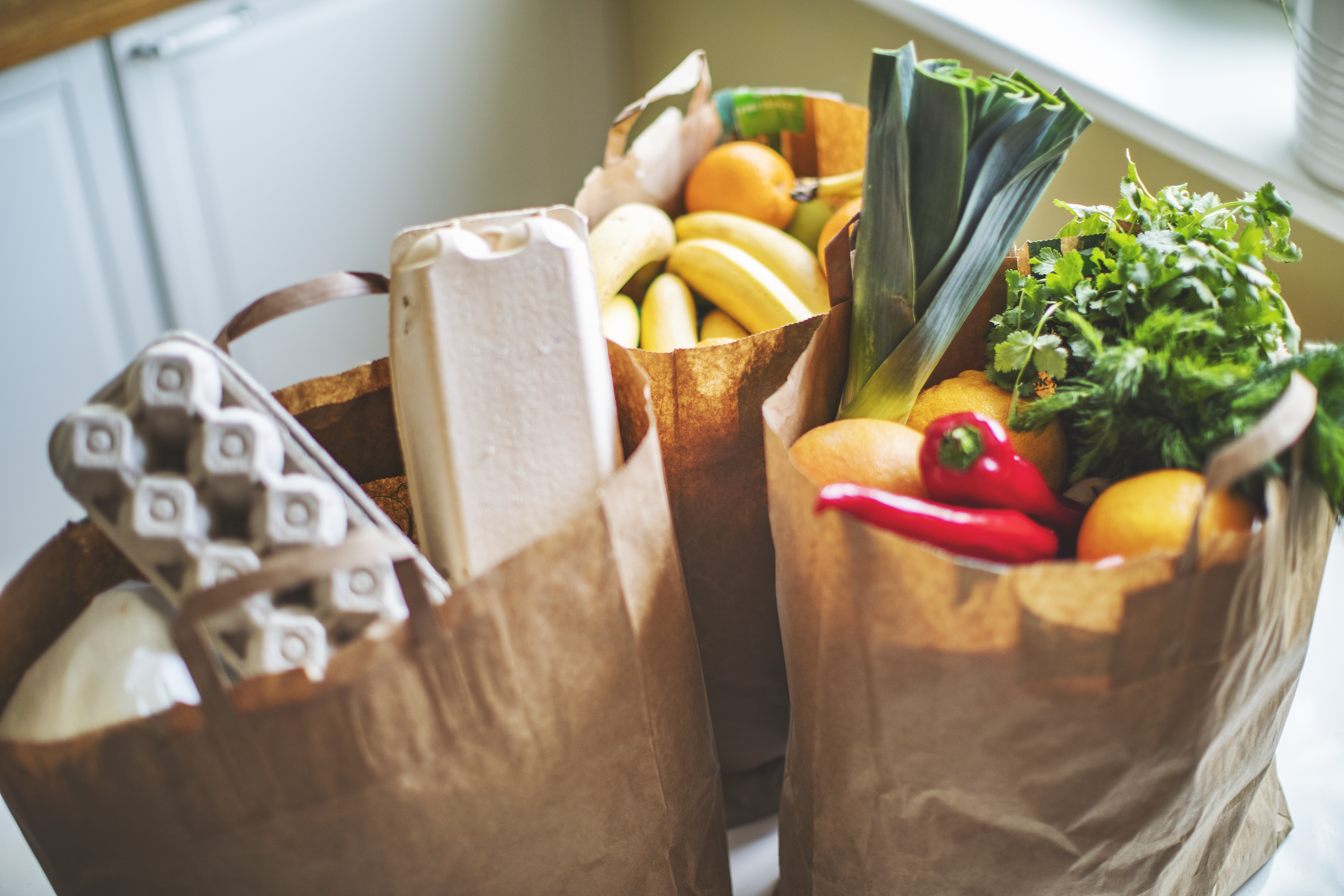
Did you know? Protein is one of the biggest weapons in the heading-towards-middle-age diet, and experts share that we ought to be consuming this at every meal. Not only does protein help regulate blood sugar, but it makes you feel fuller, and therefore you are likely to consume less. Foods containing protein include eggs, dairy, meat, and fish, and there are plenty of vegan protein sources, too, like nuts and seeds - it's a pretty extensive list.
"It's been proven that the higher the protein in your diet, the lower the number of calories consumed," says Sarah Williamson, nutritional therapist and co-founder of personalised menopause support company WomenWise. She too recommends a Mediterranean diet. "As we age, our bodies are less good at using protein, so we need to eat more." Do note, though, that this doesn't mean insane amounts (it's all about balance, after all).
She also reminds us that in perimenopause, when oestrogen may be up to three times higher, we may experience an increase in carb cravings.
Increasing protein intake is one of the best tips I've personally ever received. I've started to eat eggs or houmous on toast with olive oil and tomatoes for breakfast and have found that I'm snacking far less mid-morning.
Should your PMS be worsening - another classic perimenopause sign - Jackie says you can help by ensuring you're getting enough magnesium in the form of leafy greens and whole grains (or, read my expert guide to menopause supplements). "B vitamins and omega-3 can also help with PMS."
Avoiding caffeine may make a big difference. "Too much caffeine can increase anxiety and also lead to sore breasts."
Will I gain weight during perimenopause and menopause?
Whether or not weight gain is inevitable is as hotly disputed as the advisability of watching the current series of The Crown. I always assumed that as I headed into menopause, a little bit of extra cushioning would accompany me. That would have been fine, but then I reached my forties and realised that I'm not too happy about the prospect. To my irritation, I also have the beginnings of middle-tummy flab.
"Weight gain isn't inevitable, but it's more common during menopause, and especially around the abdomen," says Jackie. In fact, research shows that on average, women gain five pounds during this time.
But she points out that we can't necessarily blame menopause. "It's as much about life stage. Our metabolism slows down as we age, and we don't need the same amount of food. Portion control is a key element of weight management in perimenopause and menopause."
This is also where exercise for menopause can come in handy, as muscle requires more energy than fat.
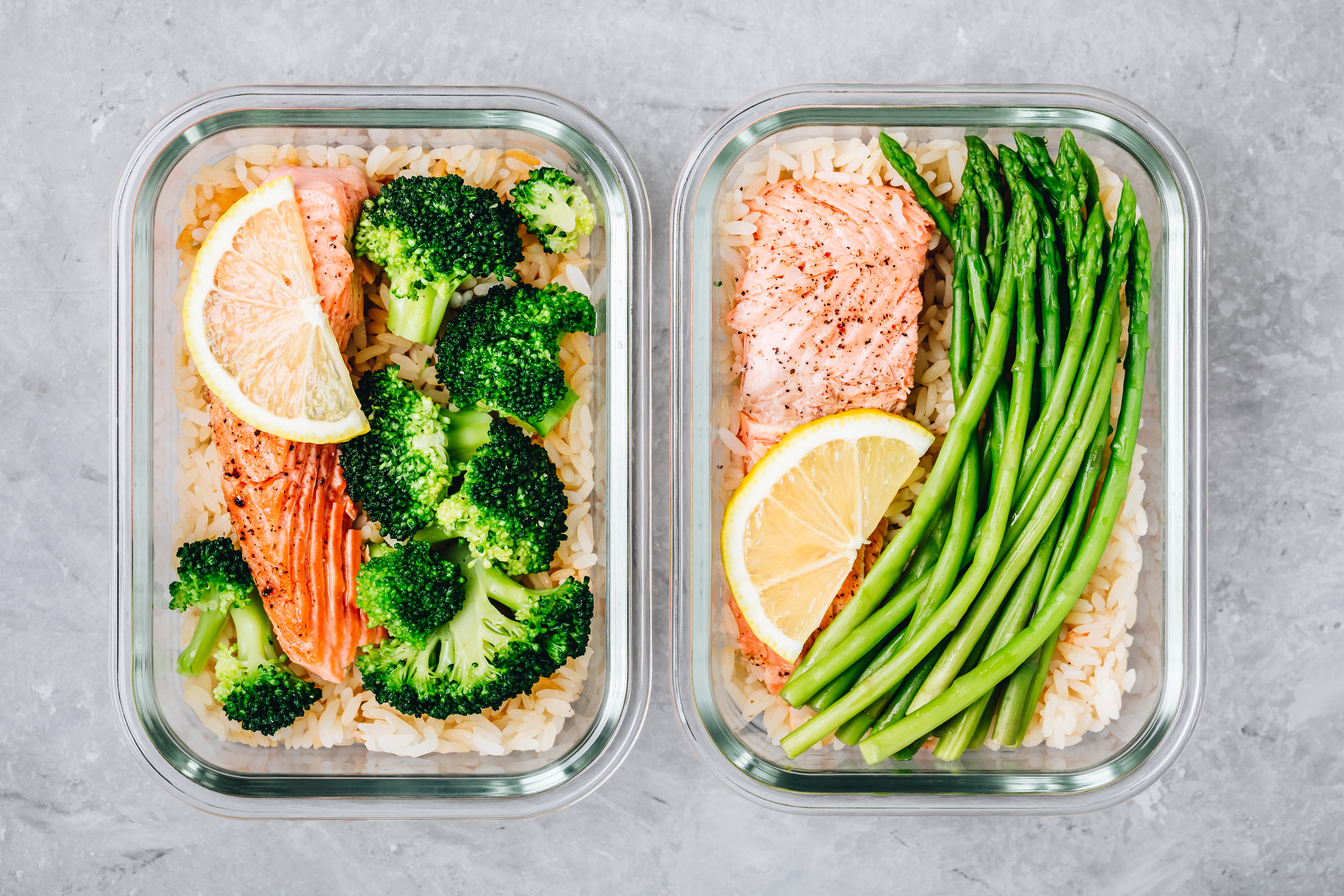
Can HRT boosted foods help?
How about foods containing plant oestrogens, or phytoestrogens? Some believe that these can reduce symptoms. Take, for example, parts of Asia like Japan, where women have fewer menopause symptoms. It's suggested that this might be linked to a diet that's high in soy foods, such as edamame beans and tofu.
I investigated this extensively when writing my book, Cracking The Menopause, and there are unquestionably links between soy and heart health. However, the jury is out when it comes to eating it for menopause. I found one study that showed 24 post-menopausal women who ate a diet high in yams did increase their oestrogen levels.
But - as I've already said - even an excess of healthy food is unwise.
"I've spent a lot of time looking at this," says Sarah. "You shouldn't eat huge amounts of phytoestrogens. Why? Because this is a time when women tend to have fluctuations in libido and phytoestrogens increase production of globulin, which can lead to low free testosterone and thus affect sex drive."
Will I develop intolerances during perimenopause and menopause?
Unfortunately, yes - this is indeed a time when you might develop food intolerances. ''Certain foods, such as aged and fermented foods, dairy and gluten cause us to release what's known as histamine," says Sarah. "At the same time, higher oestrogen might be doing the same thing."
This can lead to allergy symptoms such as a runny nose and eyes as well as skin rashes, insomnia and - Sarah's words, but it happened to me, and I'm overjoyed to realise that there was a reason - itchy ears. "It's more common than you think," she reassures.
"This higher oestrogen can also lead to sluggish and slow digestion, which is why bloating is more common in perimenopause," she goes on.
Bottom line? Yes, research does show that what you eat during perimenopause and menopause can, in fact, have an impact on your general wellbeing.
The experts advice? Aim for a Med diet, up your protein, and practice everything in moderation. Life is all about balance, after all.
Obviously, protein comes in many simple forms, but these days I always carry a protein snack with me to save on chocolate dashes (I'm often in transit or a school run!).
Pulsin Peanut Choc Chip Brownie, £17.82 for 18
This fibre-packed sweet treat contains peanuts, dairy-free choc chips and 4.7g of protein per serving.
Bounce Coconut and Macadamia Filled Protein Ball, £16 for 12
These Bounce balls are great for popping in a handbag and are high in both fibre and protein.
Alice Smellie is a British health writer and co-writer of Cracking the Menopause. She writes a monthly column for Marie Claire UK, called Discussing Menopause, where she breaks down common menopause myths with some of the best experts in the business. She's also the co-founder of the campaign group Menopause Mandate.
